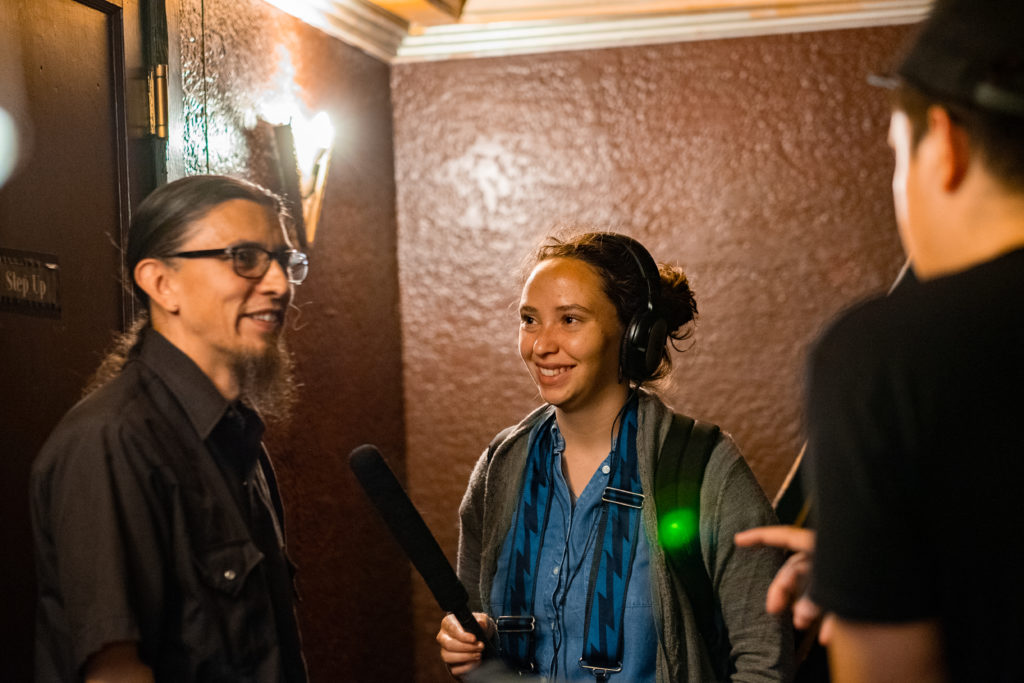
On Monday morning, my mentor Tristan Ahtone and I established a rule for my writing and reporting: anything that our Wampanoag and Kiowa families would roast us for should be scrapped. Or at least given a second look.
Most of my writing about Indian Country has been for white editors and audiences. I’ve been asked to tone down my language so as not to alienate non-Native readers. I’ve answered editorial questions that were ignorant and sometimes dehumanizing. I’ve been asked to Google basic information on tribal nations for reporters that did not think to do so themselves. I’ve had to throw in explainers for concepts that are basic to Indigenous life, which I knew would signal to Indigenous people — my own family, even — that this piece of journalism was about them but not for them.
In putting together this story on Pawnee comedian Howie Echo-Hawk, I didn’t have to deal with any of that.
I’ve had to think hard lately about whether it’s possible or practical for me to stay in public radio. My tribal community is hurting right now. Being away from Mashpee is painful. Sometimes it makes me feel selfish. Not having a Wampanoag or Indigenous or POC support system makes that even more difficult and not having a public radio system geared toward reporters outside of major cities makes balance nearly unattainable.
This week helped me visualize a career where I tell stories from Indian Country without feeling tokenized, stressed or pressured to misrepresent Indigenous lives and stories. Now I have to find a way to make it happen for myself.
Ahch8ee Kutâputunumuw to the Next Gen team, and most especially to Tristan Ahtone, for giving me space to report this story with Indians in mind, and in a way that felt genuine and authentic.

Recent Comments